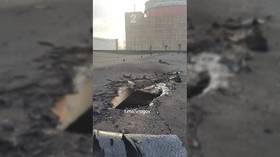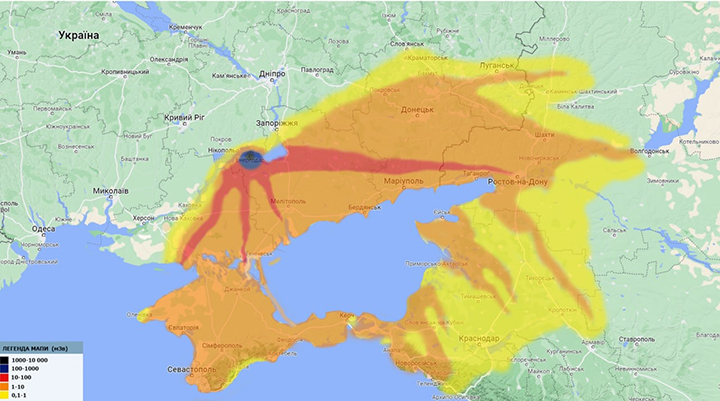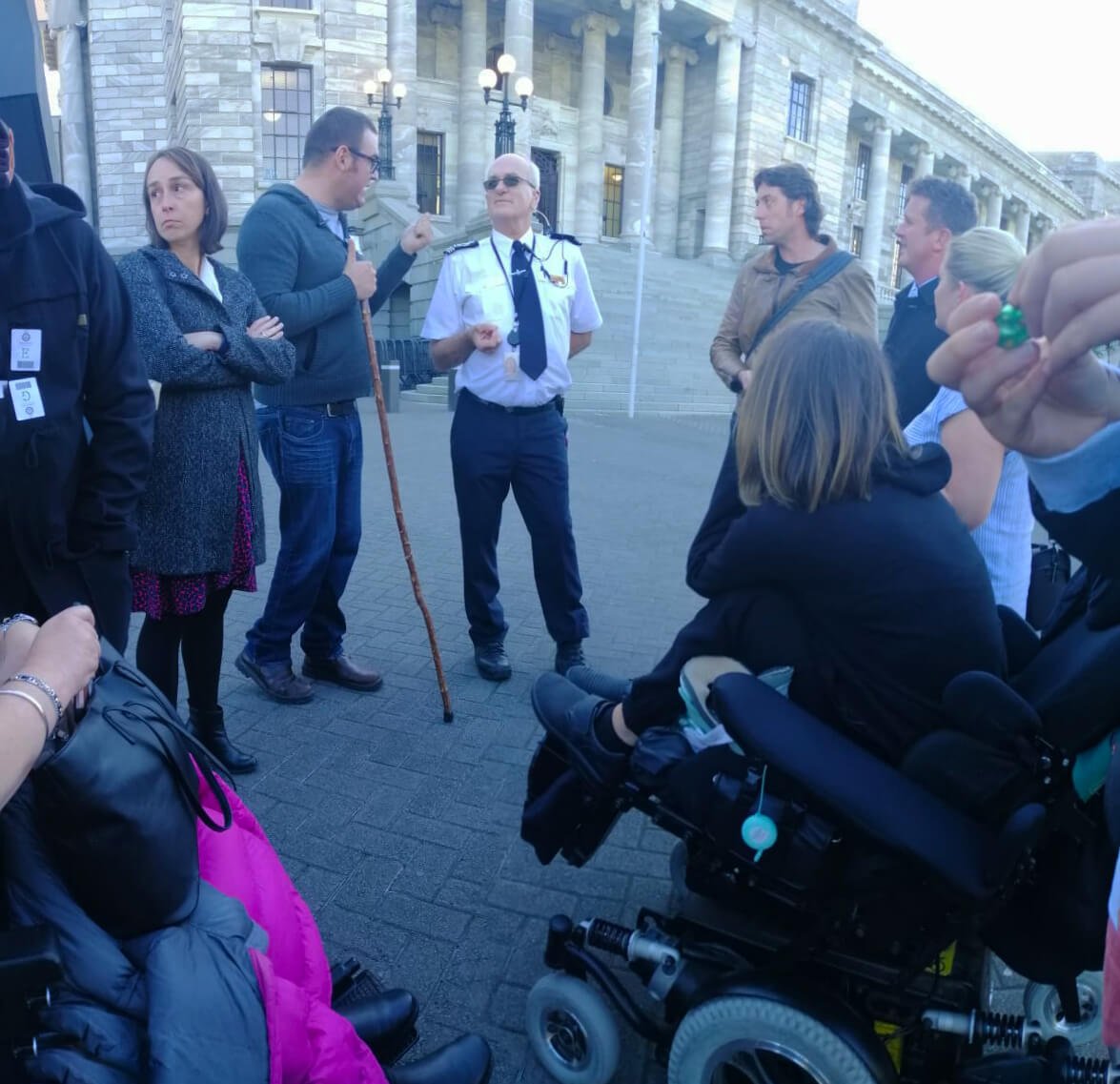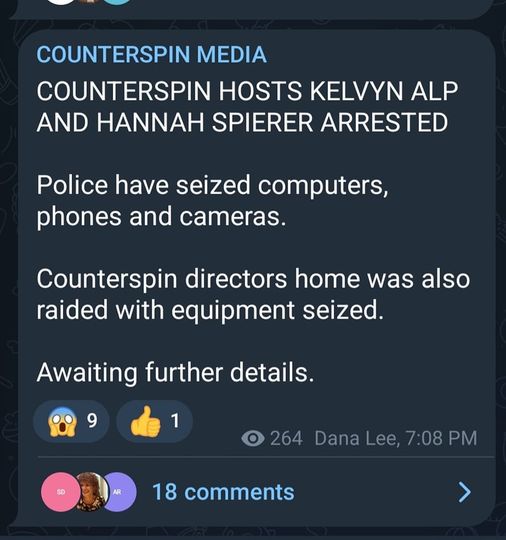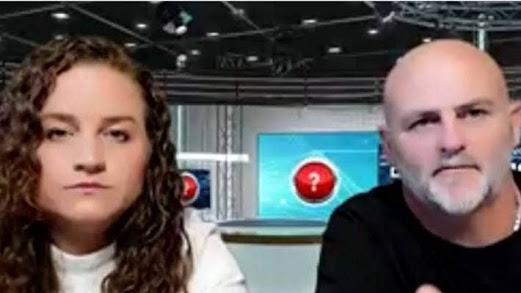After the incident, Vicki Walsh (RIP), contacted her local MP to alert him to what had happened. She received this reply:
“I have now heard the whole story and am a little sorry I wasn’t there with you as I think you were done an injustice by our speaker.”
In the immediate aftermath of our unjustified eviction from Parliament under threat of trespass notice by Trevor Mallard, we felt we had to alert the public to what had happened.
The forceful removal of peaceful and non-disruptive New Zealand citizens from our nation’s Parliamentary buildings was too serious an incident to stay silent about.
As we were being forcefully removed by no less than three security guards, I immediately made phone contact with journalists from 1NEWS and the NZ Herald, both of whom indicated that the Parliamentary press gallery was aware that something serious had just transpired in Parliament.
They also told me that they were keen to come down and interview us, but they would just need to clear it with their editors first.
An hour later, after hearing nothing further from either journalist, I contacted them for a second time. It was then that I was told that their editors had refused them permission to report on the incident.
I was dumbfounded, as I can’t ever recall any other incident involving peaceful advocates, who were at Parliament by invitation, having been then threatened with trespass notices and evicted by the Speaker of the House.
To say that this wasn’t something even mildly newsworthy beggars all belief.
At that stage, we chose not to take the issue any further because we didn’t want to create a sideshow, nor undermine our profoundly important advocacy work for vulnerable New Zealanders.
Don’t forget, the End of Life Choice Bill was still alive in Parliament at that stage, and we did not want to take any course of action that would jeopardise the possibility of a good outcome for those Kiwis the Bill would harm if it became law.
Later that same year, the Francis Review, which was an investigation into bullying at Parliament, was published. Among other things, it found the following:
“Bullying & harassment are systemic [at Parliament].”
“Unacceptable conduct is too often tolerated or normalised.”
“There is low accountability, particularly for Members, who face few sanctions for harmful behaviour.”
“The identities of many accused are an open secret, and there are alleged serial offenders.”
We can definitely attest to having been targeted by that toxic culture, and it wasn’t good.
You might be wondering why we’ve chosen to speak publicly about our story now.
No, it’s not simply the fact that Trevor Mallard is departing, and it’s not an attempt to re-litigate old grievances.
Instead, the important issue here is that of the public accountability of those who are elected to serve us in public office.
This was just one of many incidents where the media performance during the passage of the assisted suicide and euthanasia Bill was highly questionable.
One of the untold stories of that whole period was the way in which some journalists and media outlets went from being unbiased observers of the parliamentary process, to biased advocates and cheerleaders of a Bill.
This might have suited the supporters of legalised euthanasia, but it resulted in an extremely bad outcome for the people of New Zealand.
Even if you are pro-assisted suicide, the final End of Life Choice Act we ended up with has some very serious flaws in it. This means that vulnerable New Zealanders are now at greater risk of a wrongful death than they were before this Act was passed.
These flaws could, and more than likely would, have been addressed if the media had maintained a proper standard of journalistic ethics and ensured a greater degree of accountability.
The media’s decision to turn a blind eye to our unjust treatment at the hands of Speaker Mallard was just one example of many questionable media actions during that period.
Trevor Mallard may be departing Parliament, but the issues that allowed him to operate with impunity for many years while in office, culminating in the incidents of the last 12 months, remain unaddressed.
This is precisely why the public accountability aspect of the work we are engaged in at #DefendNZ is so fundamentally important.
If we can’t rely on the fourth estate to ensure a level playing field for vulnerable Kiwis, then it’s up to us to do our best to be a beacon of light, shining the uncomfortable light of accountability at the times and places where it is most needed.
